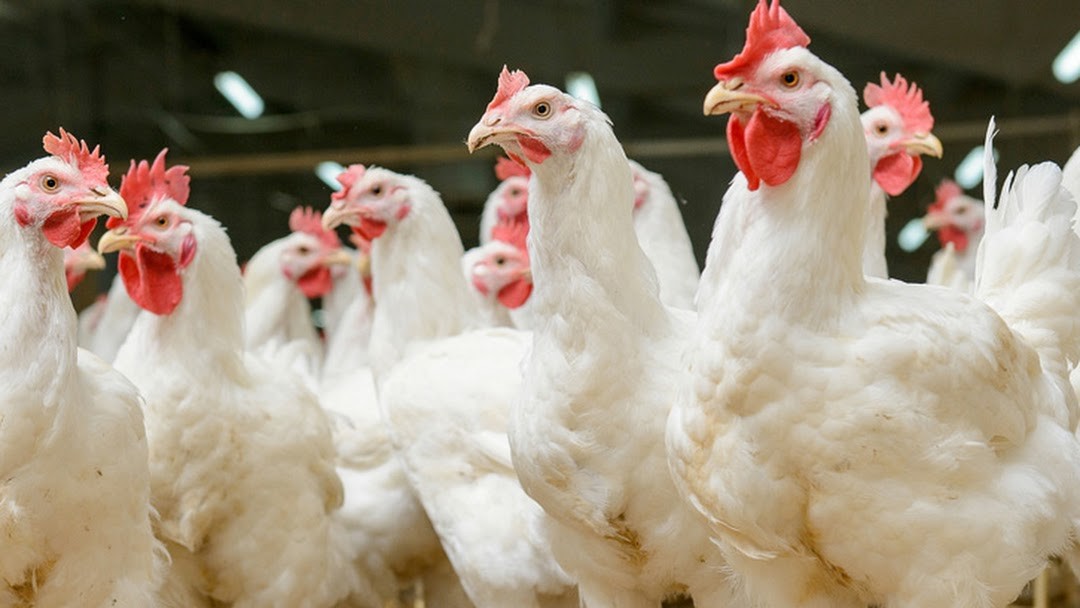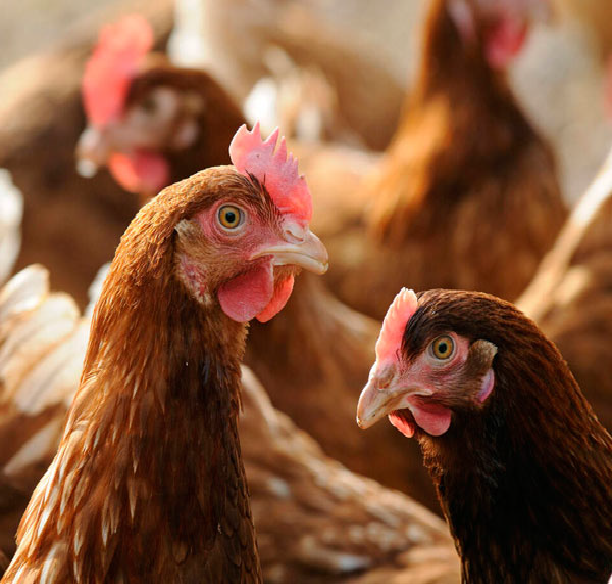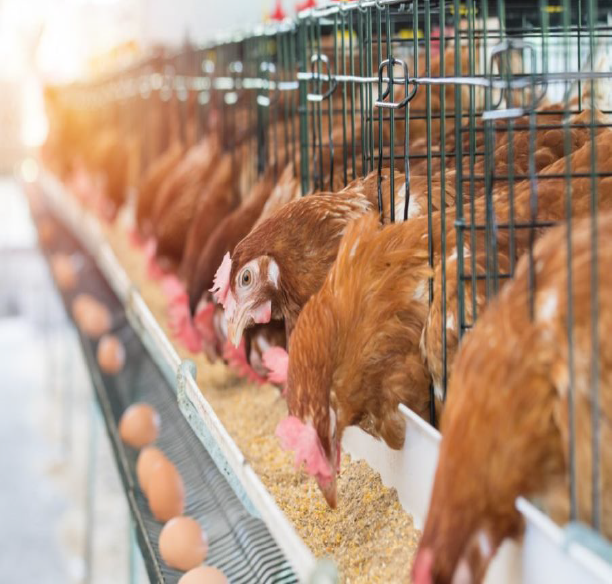
JUN
23
1. Conduct Market Research:
- Before starting your poultry farm, conduct thorough market research to identify demand, competition, and pricing trends in the poultry industry.
- Determine your target market and tailor your poultry products to meet the needs and preferences of your customers.
2. Choose the Right Poultry Housing:
- Select suitable housing facilities that provide adequate space, ventilation, and protection for your poultry.
- Consider factors such as climate, local regulations, and the size of your flock when designing or choosing poultry housing.
3. Invest in Quality Breeds and Genetics:
- Choose high-quality breeds and genetics that are well-suited to your production goals and environmental conditions.
- Select breeds known for their productivity, disease resistance, and marketability to maximize profitability.
4. Implement Effective Biosecurity Measures:
- Develop and implement strict biosecurity protocols to prevent the introduction and spread of diseases on your poultry farm.
- Control access to your farm, practice proper sanitation and hygiene, and regularly monitor the health of your flock.
5. Optimize Nutrition and Feed Management:
- Ensure your poultry receive a balanced diet tailored to their age, breed, and production stage.
- Partner with reputable feed suppliers or consider producing your own feed to control costs and ensure quality.
6. Monitor Health and Disease Management:
- Implement a proactive health management program that includes vaccination, routine health checks, and timely treatment of illnesses.
- Work closely with a veterinarian to develop a customized health plan for your flock and minimize the risk of disease outbreaks.
7. Maximize Production Efficiency:
- Implement efficient production practices to maximize output while minimizing costs.
- Optimize flock management, egg production, and hatchery operations to achieve high productivity levels.
8. Diversify Revenue Streams:
- Explore opportunities to diversify your revenue streams beyond poultry meat and eggs.
- Consider value-added products such as poultry manure, feathers, or specialty products to generate additional income.
9. Implement Financial Management Practices:
- Keep detailed records of your poultry farm’s finances, including expenses, income, and profit margins.
- Develop a budget and regularly review financial performance to identify areas for improvement and cost savings.
10. Stay Informed and Adapt to Market Trends:
- Stay abreast of industry trends, technological advancements, and market changes affecting the poultry industry.
- Adapt your strategies and operations accordingly to remain competitive and capitalize on emerging opportunities.


